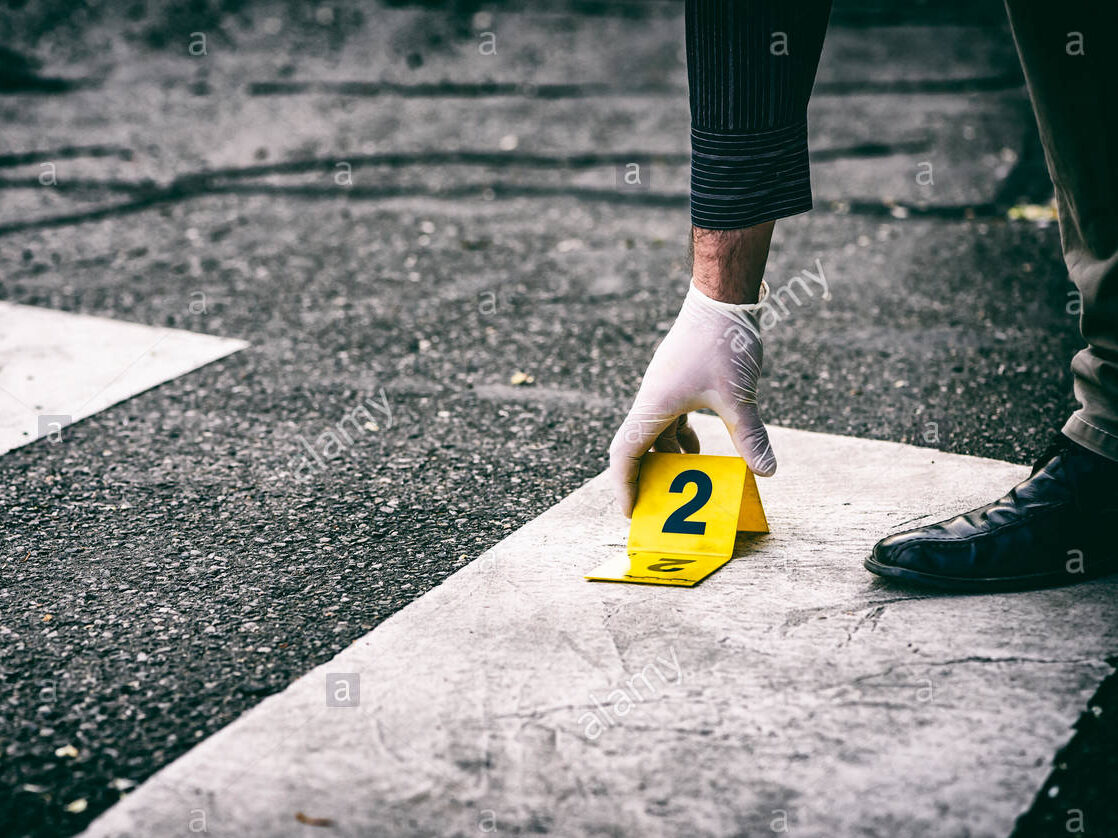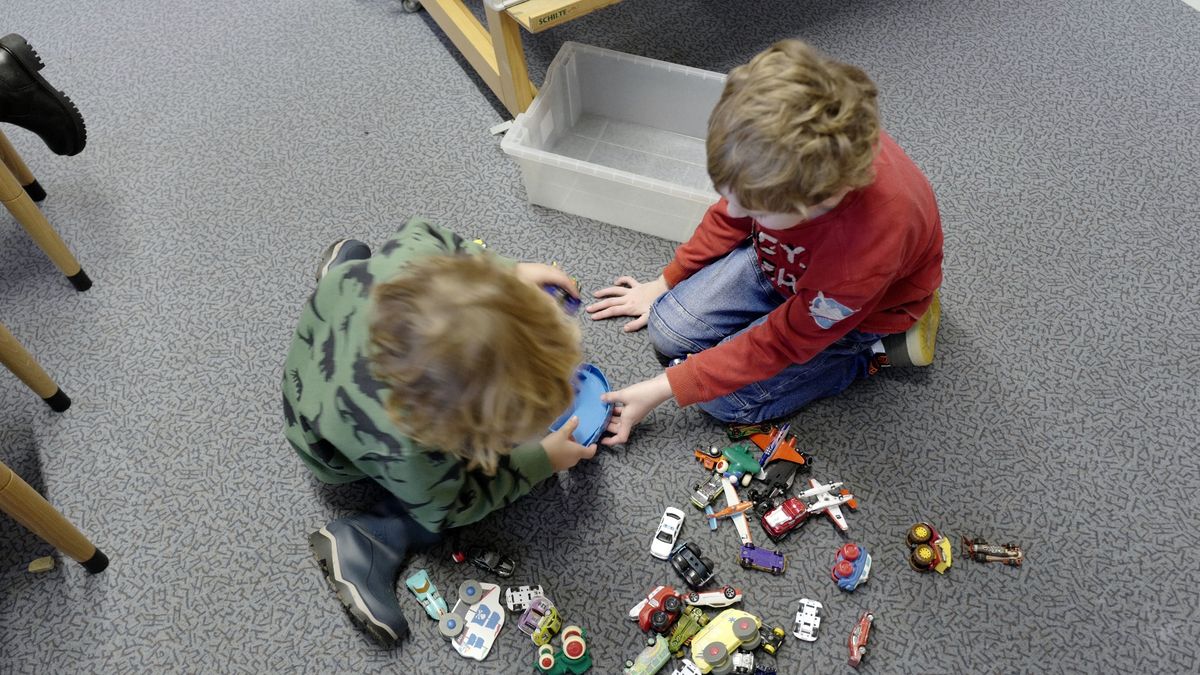Approximate reading time: 3 minutes, 27 seconds
Contrary to certain sectors accustomed to blatantly lying, the truth is that the organized crime that is in the foreground today is not new in Chile, it did not start at this time or in this government, not even three or four years ago, but it has long-standing: it appeared half a century ago, on the same day of the coup d’état and the beginning of the bloody military-business dictatorship.
Its beginnings are marked by the regime of horror that devastated the country since September 11, 1973, headed by the supreme dictator who had the force of arms as his only argument and his condition as an omnipotent murderer to determine with perversion who or who Because they thought differently they had no right to continue living.
The captain general of the genocide, of limited intellectual capacity, believed that he was at war with the people and launched against them the “intelligence” services such as the Dina and then the CNI, the executing arms of the murders that he ordered against the popular classes. who remained terrified at the mass extermination of their compatriots to “save” Chile from international Marxism.
Since the morning of Tuesday the 11th and since the unusual bombing of La Moneda, State terrorism translated into an atrocious violation of human rights. Every day there were murders, disappearances, kidnappings and torture, with premeditation, treachery and absolute impunity, all well organized, planned and executed without leaving traces. The victims only had the Vicariate of Solidarity, whose work managed to save many lives.
With the constitutional president and his collaborators dead in concentration camps, it was the tyranny’s priority to behead the popular parties and movements. On October 5, 1974, the leader of the MIR, Miguel Enríquez, was killed by a military patrol that arrived at the house he occupied on Santa Fe Street, San Miguel commune. At that time Enríquez was considered a danger to Pinochetism.
In mid-1975, the port worker from Valparaíso, Exequiel Ponce, who during the emergency had assumed the leadership of the PS, which was then socialist, disappeared. In May of the following year, the disappearance of Víctor Díaz, general secretary of the PC, occurred, detained by Dina agents in the house of friends in the upper neighborhood of Santiago, where he was trying to hide from the attack against leaders and militants of that party. .
Painful massacres mourned Chile: the Caravan of Death, Operation Condor, Operation Colombo, Corpus Christi, among others. There were other dramatic cases, such as those whose throats were cut and burned alive, “suicides” that were not such, and executions from behind to whom an alleged law of escape was applied. More than 5,000 compatriots died violently, including nearly 1,400 missing detainees. Many of them thrown into the sea. Memory does not forget this creation of the dictatorship: organized crime was committed after careful planning, with impeccable execution and without leaving traces. He had as an accomplice the companies El Mercurio and Copesa – the same duopoly newspapers that circulate today – who had no interest in seeking the truth, did not investigate the origin of so many deaths, there was no journalistic investigation and the murders were attributed to “confusing incidents” that were not worth worrying about.
Today, common criminals only replicate the crimes of the dictatorship and see themselves reflected in the criminals in uniform who acted under the orders of the captain general and the so-called “government board” structured outside the law and without a constitutional basis. In the midst of the existing chaos, impunity was total in the long Pinochet nightmare.
Even more armed forces officers and police officers who perpetrated serious human rights violations against compatriots whom they did not even know were rewarded by higher command and continued to rise in their professional careers. Nothing altered the military career of many criminals, and we know of lieutenants and captains who reached retirement age as colonels or generals without any inconvenience.
Criminals these days are very aware that justice ceases to be justice when it takes too long. The soldier Pedro Barrientos was brought to the country 50 years after having murdered Víctor Jara, after having remained hidden in the United States. Officer Juan Cheyre was recently convicted of being an accomplice in the murder of 15 young people in La Serena as part of the Caravan of Death in October 1973.
So many homicides and shootings today identify the extreme right, because it gives them the basis to demand that Cosena be convened, with the Armed Forces leading the way, and try to demand that the country be placed in a permanent state of emergency. His dream is to see the military again in the streets, patrolling and causing panic in the population, subordinating the popular classes, arresting people on a piecemeal basis and once again imposing the force and power of weapons, converted into “authority.”
Those who say that crimes that were previously unknown are being committed are lying and also those who try to divert attention by attributing the wave of criminal acts to the participants of the social outbreak in 2019. During the popular rebellion there was no crime against the forces repressive measures, not even any of the uniformed repressors lost their sight totally or partially. It is just one more grievance against the people, always despised by the rich minority who would always like to see the poor silenced, humiliated and hopefully in jail. Furthermore, the people do not have weapons or a vocation, nor are they accustomed to taking anyone’s life, like others.
Those who manage organized crime at this time act in the image and likeness of the dictatorship: they learned from its criminal legacy with impunity and replicate homicides with firearms on public roads, shootings, kidnappings and lock-ups, as in that time black of history. It is necessary that the fight against bloodshed and crimes that cause public commotion that are altering and clouding the lives of Chileans be aimed at this.
Hugo Alcayaga Brisso
Valparaiso


